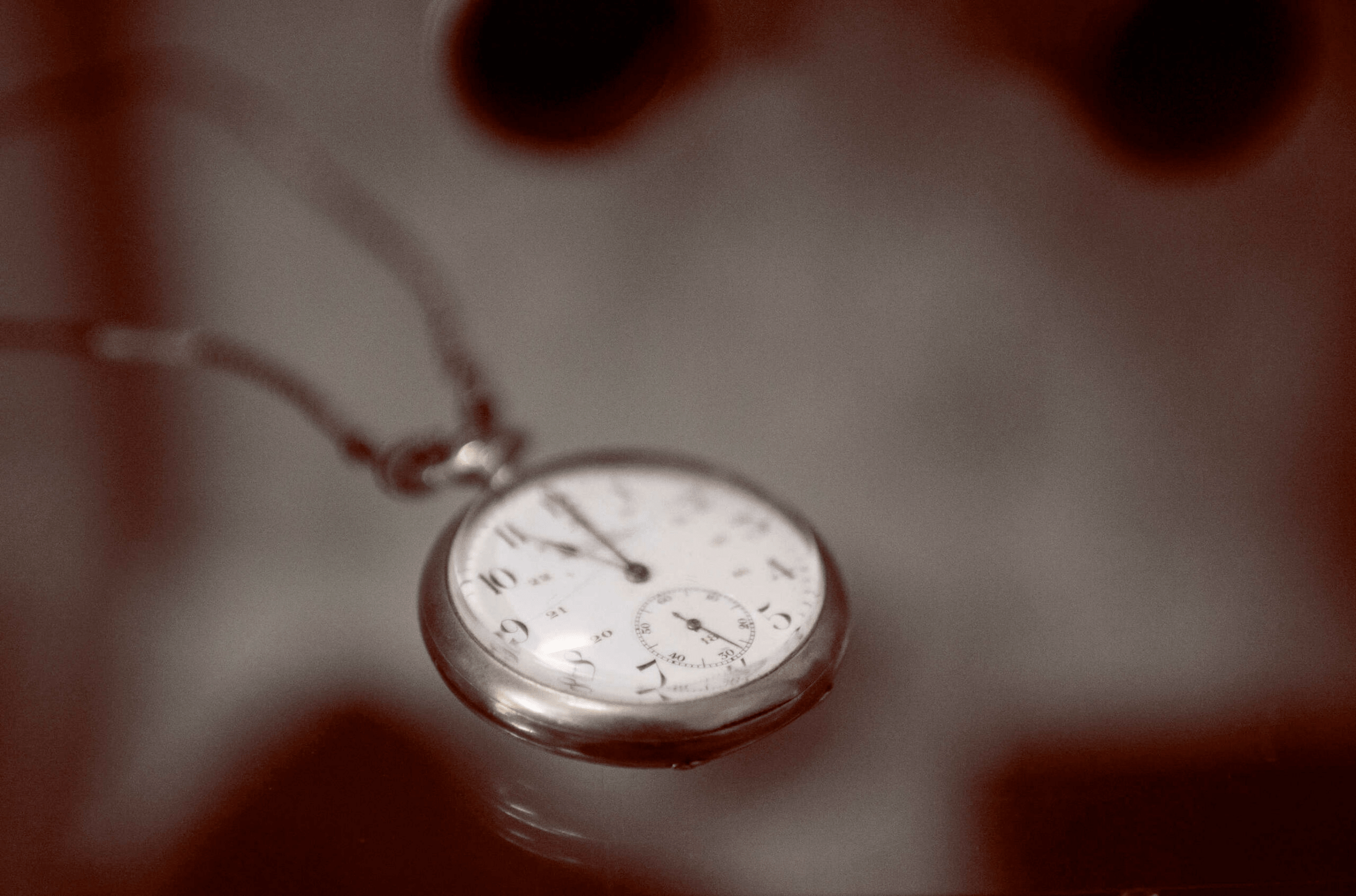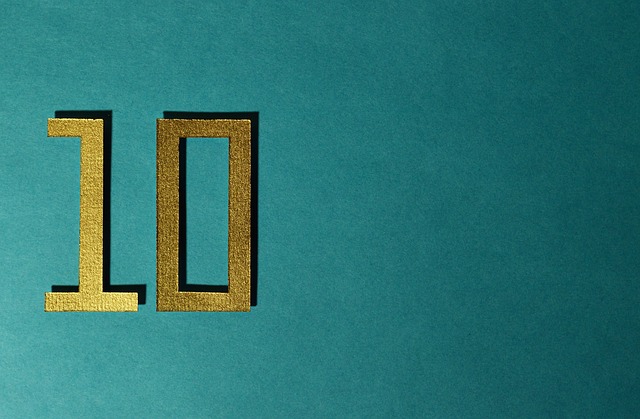اَللّٰهُمَّ عَافِنِيْ فِيْ بَدَنِيْ ، اَللّٰهُمَّ عَافِنِيْ فِيْ سَمْعِيْ ، اَللّٰهُمَّ عَافِنِيْ فِيْ بَصَرِيْ ، لَا إِلٰهَ إِلَّا أَنْتَ ، اَللّٰهُمَّ إِنِّيْ أَعُوْذُ بِكَ مِنَ الْكُفْرِ وَالْفَقْرِ، وأَعُوْذُ بِكَ مِنْ عَذَابِ الْقَبْرِ، لَا إِلٰهَ إِلَّا أَنْت
(3x)
O Allah, grant me well-being in my body. O Allah, grant me well-being in my hearing. O Allah, grant me well-being in my sight. There is no god worthy of worship except You. O Allah, I seek Your protection from disbelief and poverty and I seek Your protection from the punishment of the grave. There is no god worthy of worship except You.
Allāhumma ʿāfinī fī badanī, Allāhumma ʿāfinī fī samʿī, Allāhumma ʿāfinī fī baṣarī, lā ilāha illā Ant, Allāhumma innī aʿūdhu bika mina-l-kufri wa-l-faqr, wa aʿūdhu bika min ʿadhābi-l-qabr, lā ilāha illā Ant.
‘Abd al-Raḥmān b. Abī Bakrah (raḍiy Allāhu ʿanhu) narrates that he said to his father, “O my father! I hear you supplicating with [the above] every morning. You repeat them three times in the morning and three times in the evening.” He said, “Indeed I heard the Messenger of Allah ﷺ supplicating with these (words) and I love to follow his practice.” (Abū Dāwūd 5090, Aḥmad 20430)
Brief Commentary
• By asking Allah to grant us “well-being” in our body, we are asking to be cured from all physical and spiritual ailments, so that we possess both a healthy body and a pure heart, and therefore use this healthy body in a way that pleases Allah.
• Although the seeing and hearing are both senses of the body, they have been singled out owing to their importance because:
(1) The hearing and sight lead us to knowing Allah. It is through the ‘sight’ that we can see the signs (āyāt) of Allah in the universe; and it is through ‘hearing’ that we can hear the verses (āyāt) of the Qur’ān.
(2) These two senses provide direct routes to our heart. If they are pure, then our heart will only receive that which is pure and beneficial. The heart is an important body part that affects the whole body in this life and the hereafter. The Prophet ﷺ said that if the heart is sound, the whole body is sound, and if the heart is corrupted, the whole body will be corrupted (Bukhārī: 52).
• By concluding the first segment of the duʿā’ with the affirmation that none is worthy of worship except Allah, it is as if we are reminding ourselves why we want this well-being, and that is so that we can use it to worship Allah.
• In the first segment of the duʿā’, we ask Allah to grant things to us, and in the latter segment, we seek refuge in Him alone from some things.
• We seek refuge in Allah from “disbelief” as it will lead to eternal punishment in the hereafter and the wrath of Allah.
• We seek refuge in Allah from “poverty” as it can lead to being displeased with the decree of Allah, which may eventually lead to disbelief in Allah.
• We seek refuge in Allah from the “punishment of the grave” as you could be a Muslim but still be punished in the grave. Thus, it is not sufficient to stay away from disbelief alone, but we should stay away from all sins.
• The second segment of the duʿā’ concludes by affirming that none is worthy of worship except Allah. We are again reminding ourselves of this, as by worshipping Allah, we can be saved from the above things we are seeking refuge from, or be saved from their ill-effects.
Action Points
• In this duʿā’, we ask Allah for well-being in our body, our sight, and our hearing. These are very important matters that we take for granted. We should, however, be praising Allah for them, and looking after them.
• We learn from this duʿā’ that we do not seek the ‘world’ for its own sake. Rather, it is a means to help us work for the hereafter. Thus, we are asking for ‘well-being’ so that we use it in a way that pleases Allah. Ensure you have this intention in your heart each time you make this duʿā’.
• We now live in a society where it is very easy to sin through the eyes and ears (open shamelessness and social media etc.) Thus, it is even more vital that we protect them, and avoid looking at and listening to ḥarām. Instead, we should use them to come closer to Allah.
• Poverty can lead a person to disbelief, so we should strive and remove poverty wherever possible, by working hard, giving in charity and looking after the poor.
• Do not just say these duʿās every morning and evening, but always ponder over what impact they should have on your life, and what key points are they highlighting. What values and teachings should you be absorbing from them?







